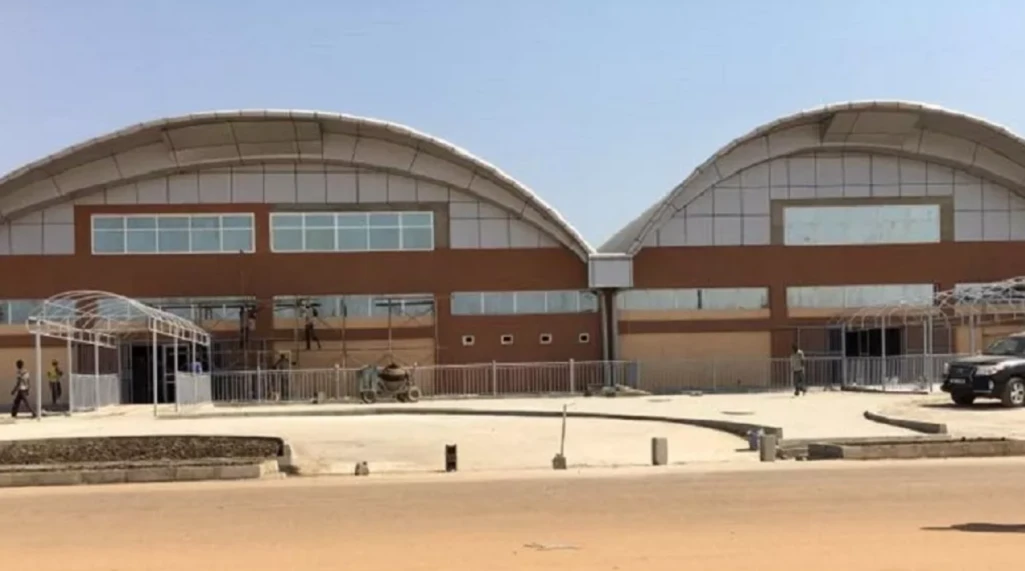
The Juba
International Airport (JIA) is not only an important transportation gateway for
South Sudan, but it is also a major source of financial risk, with illicit
financial transactions estimated to cost $1.79 billion per year, according to a
lawmaker.
Hon. Samuel
Lotti, deputy chairperson of the TNLA's Committee on National Security and
Public Order, emphasizes South Sudan's financial vulnerability, citing a recent
United Nations Economic Commission for Africa study on financial crime.
In 2023, the
commission conducted a national risk assessment for financial fraud in South
Sudan, revealing troubling patterns in the country’s financial management.
"We are likely to be blacklisted if we are not careful, because most of our institutions face issues of financial management," Lotti said at the CSO-SSR technical workshop on civilian oversight in Juba on Wednesday.
Lotti stated that the airport handles the movement of a significant amount of money, approximately one billion dollars each year.
“Juba
International Airport alone, a year, facilitates the illicit exit and inflow of
cash worth $1.79 billion a year alone. And when we, as the committee, investigated, we discovered that the airport has more than 650 security
personnel,” he revealed.
He echoed
that the airport's security is overwhelmed by personnel from various
departments, making it easier for corrupt individuals to exploit the system and
engage in illegal activities.
“Most of
those security can easily walk into the airplane and take whatever they want to
take. Regionally, Juba International Airport has been marked as a conduit for
drug trafficking in the region. It’s a very serious issue that many of us are
dealing with,” he continued.
In response
to these growing concerns, the government is taking steps to reform the
airport's security and reduce the congestion caused by an oversupply of
security personnel.
He asserted
that a group of officers deployed to the airport had recently undergone a
six-month training program in Rwanda.
“We are
evaluating their work now and seeing whether they are working with good
training or continuing with the old behavior,” he added.
The lawmaker
firmly believes that reducing the number of security personnel will help
streamline operations and prevent further misuse of financial resources at the
airport.
The National
Security and Public Order Committee, which oversees eight key institutions, is
working on a series of reforms aimed at improving both financial accountability
and security.
The key institutions include the Ministry of Interior, Ministry of National Security Service, National Police Service, National Prison Service, National Civil Defense Service, Small Arms Control Bureau, Financial Intelligence Unit, and Commission for Refugee Affairs.